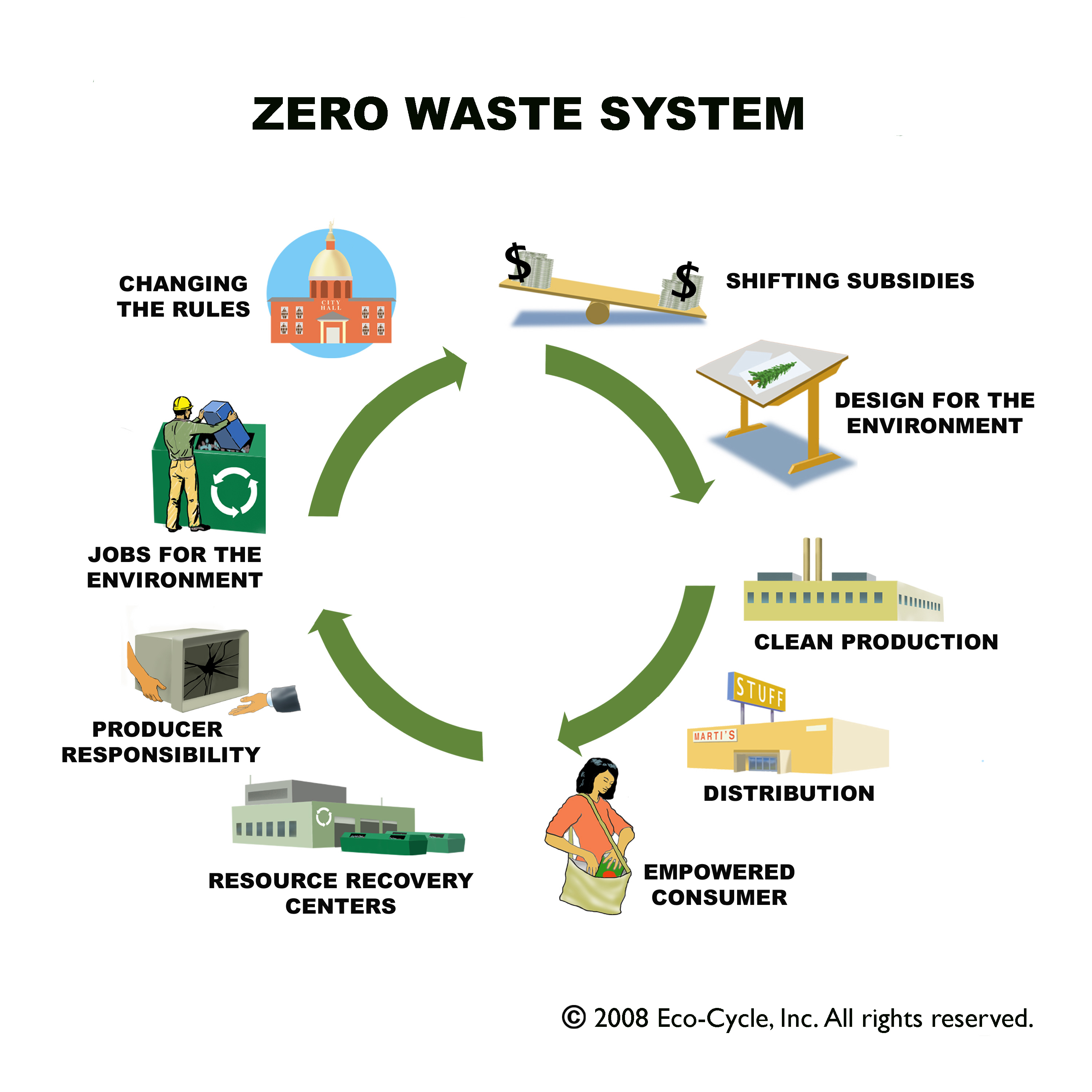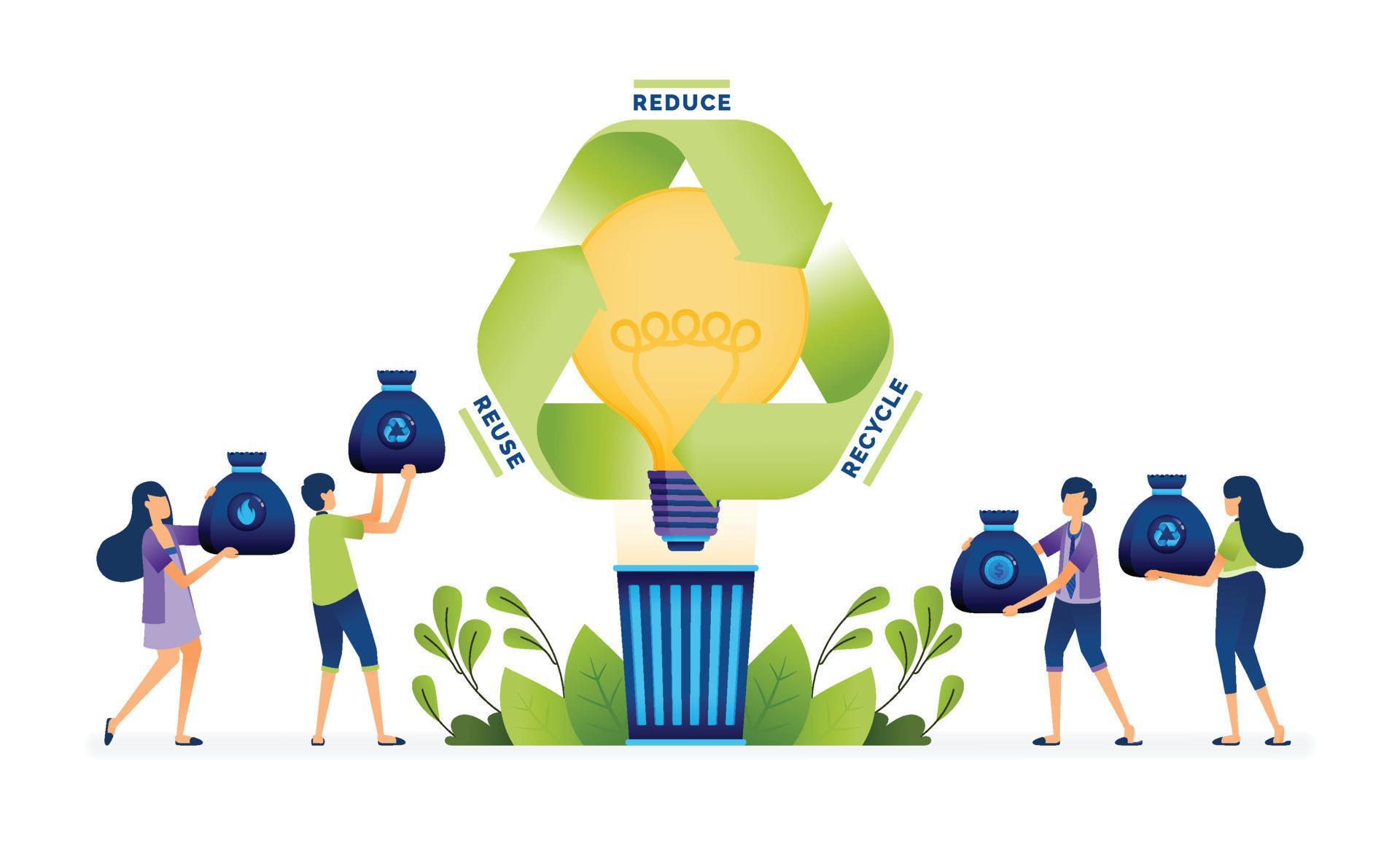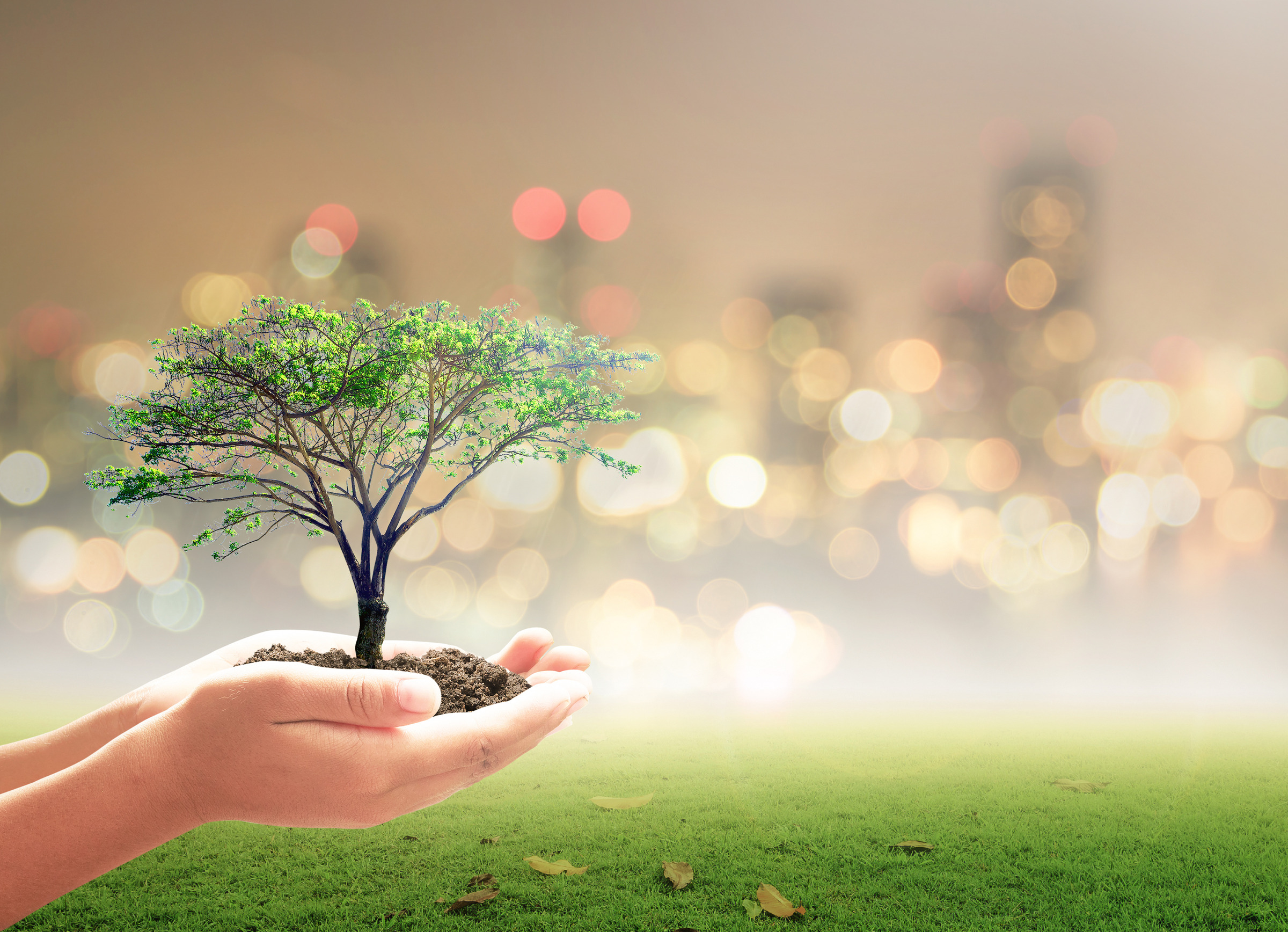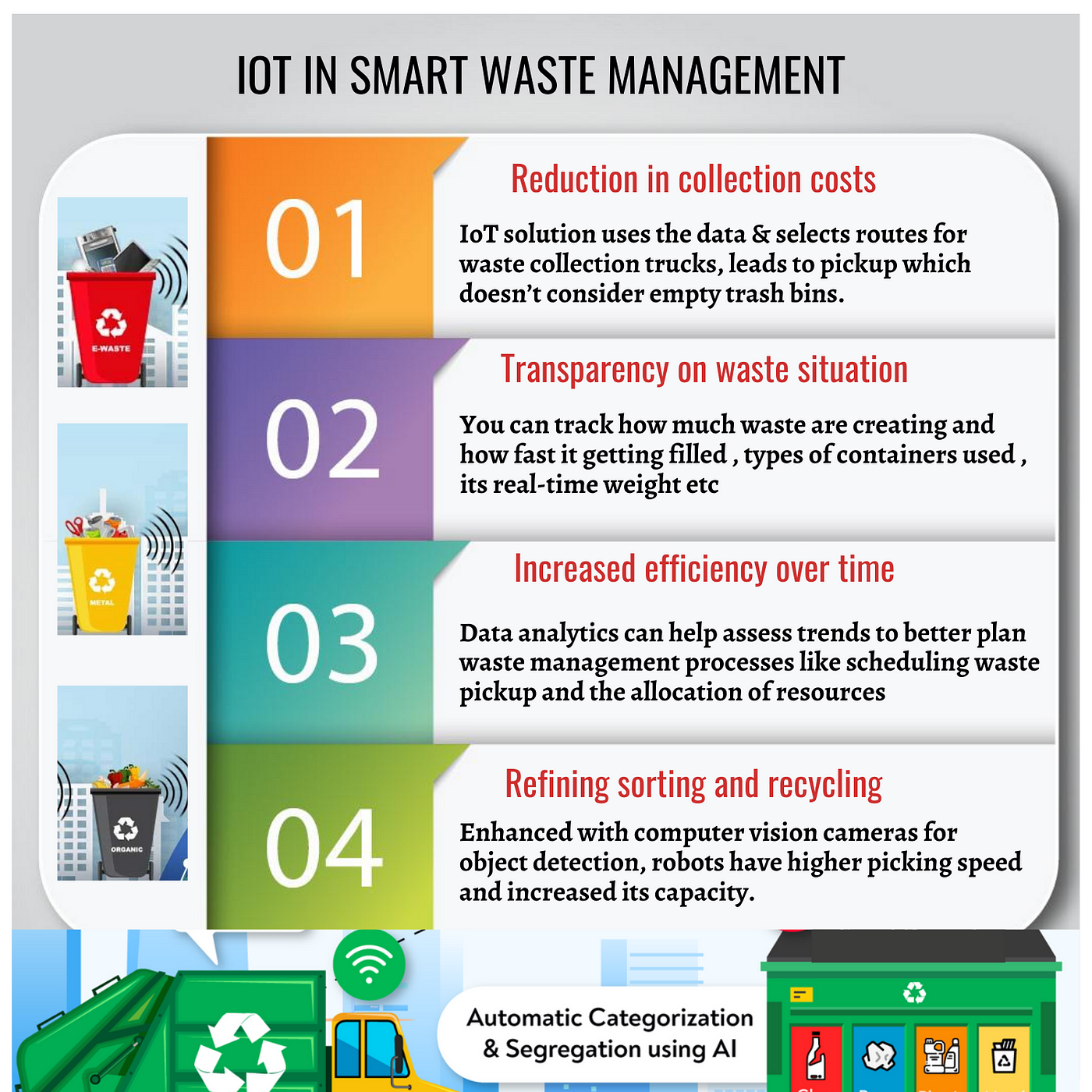Unlocking The Future Of Waste Management: Sustainable Solutions For A Greener Tomorrow
Unlocking The Future Of Waste Management: Sustainable Solutions For A Greener Tomorrow
As the world's population continues to grow, so too does the amount of waste we produce. This waste poses a serious threat to our environment and our health. But there is hope. New and innovative waste management solutions are emerging that have the potential to revolutionize the way we deal with waste.
Editor's Notes: "Unlocking The Future Of Waste Management: Sustainable Solutions For A Greener Tomorrow" have published today date. This topic is important to read because it provides an in-depth look at the latest waste management technologies and trends, and explores how these solutions can help us create a more sustainable future.
Our team has done extensive research and analysis to put together this comprehensive guide to help you understand the key issues surrounding waste management. We'll explore the different types of waste, the challenges we face in managing it, and the promising new solutions that are on the horizon.
Key Differences or Key Takeaways:
| Traditional Waste Management | Sustainable Waste Management |
|---|---|
| Landfills and incineration | Reduce, reuse, recycle, and compost |
| Harmful to the environment and human health | Protects the environment and human health |
| Depletes natural resources | Conserves natural resources |
Transition to main article topics:
- The different types of waste
- The challenges we face in managing waste
- The promising new solutions that are on the horizon
- How we can all play a role in creating a more sustainable future
Image of a recycling bin with the words "Unlocking The Future Of Waste Management: Sustainable Solutions For A Greener Tomorrow" written on it.

Waste Management Open 2025: Paving The Way For A Sustainable Future - Source johndhylton.z13.web.core.windows.net
By working together, we can unlock the future of waste management and create a more sustainable future for all.
FAQ
As we delve into the intricate world of sustainable waste management, let us address some frequently asked questions to illuminate the path towards a greener tomorrow.
Question 1: How does waste affect the environment?
Waste accumulation poses severe environmental hazards. Landfills overflow, releasing methane, a potent greenhouse gas, into the atmosphere. Plastic pollution contaminates ecosystems, harming wildlife and disrupting natural processes.

Starbucks Announces Global Greener Stores Commitment - Source stories.starbucks.com
Question 2: What are the benefits of sustainable waste management?
Embracing sustainable waste management practices offers a myriad of benefits. It reduces environmental pollution, conserves natural resources, lowers carbon emissions, and fosters a circular economy where materials are reused or recycled.
Question 3: What are some examples of sustainable waste management solutions?
Sustainable waste management encompasses a range of innovative solutions. These include waste reduction at the source, composting organic materials, recycling and upcycling waste, and adopting advanced waste-to-energy technologies.
Question 4: How can businesses contribute to sustainable waste management?
Businesses play a pivotal role in promoting sustainable waste management. They can implement waste reduction programs, invest in eco-friendly packaging, and partner with recycling facilities to divert waste from landfills.
Question 5: What can individuals do to support sustainable waste management?
Individual actions collectively contribute to a sustainable waste management system. Reducing consumption, practicing composting, recycling diligently, and advocating for sustainable policies empower individuals to make a difference.
Question 6: How can technology enhance waste management?
Technology acts as a catalyst for waste management innovation. Automated waste collection systems, waste sorting technologies, and data analytics tools optimize waste management processes, reducing costs and improving efficiency.
In conclusion, sustainable waste management is a multifaceted endeavor that requires a concerted effort from individuals, businesses, and governments. By embracing innovative solutions and cultivating responsible waste practices, we can unlock a greener future where waste becomes a valuable resource rather than an environmental burden.
Moving forward, let us explore the transformative potential of sustainable waste management in greater depth.
Tips to unlock a sustainable future in waste management
Follow these tips from Unlocking The Future Of Waste Management: Sustainable Solutions For A Greener Tomorrow to reduce your waste production and make a positive impact on the environment.

Vector illustration of People throw garbage in the trash for initial - Source www.vecteezy.com
Tip 1: Reduce
The first and most important step in waste management is to reduce the amount of waste you produce. This can be done by avoiding single-use items, buying less packaging, and repairing or reusing items whenever possible.
Tip 2: Reuse
Once you've reduced the amount of waste you produce, the next step is to reuse as much of it as possible. This can be done by using reusable containers, bags, and bottles, and by finding creative ways to repurpose old items.
Tip 3: Recycle
Recycling is a great way to keep valuable materials out of landfills and incinerators. Make sure to check with your local recycling program to see what materials they accept, and be sure to rinse out any food or beverage residue before recycling.
Tip 4: Compost
Composting is a great way to turn food scraps and other organic materials into a nutrient-rich soil amendment. Composting can be done in a backyard compost bin or in a commercial composting facility.
Tip 5: Dispose of properly
Once you've reduced, reused, recycled, and composted as much as possible, the remaining waste should be disposed of properly. This means placing it in a trash can or dumpster, and making sure it doesn't end up as litter.
Summary of key takeaways or benefits
By following these tips, you can help to reduce your environmental impact and make a positive contribution to the future of waste management.
Transition to the article's conclusion
With a little effort, we can all make a big difference in the fight against waste. By reducing, reusing, recycling, composting, and disposing of properly, we can help to create a more sustainable future for our planet.
Unlocking The Future Of Waste Management: Sustainable Solutions For A Greener Tomorrow
Advancing waste management practices is essential for a sustainable future, necessitating the exploration of key aspects that drive innovation and progress. These aspects encompass technological advancements, policy frameworks, societal engagement, economic incentives, research collaborations, and infrastructure development. Embracing these elements enables the realization of a greener tomorrow through effective waste management strategies.
- Technological Advancements: AI, IoT, and robotics for efficient waste sorting and recycling.
- Policy Frameworks: Regulations, incentives, and standards to promote waste reduction and sustainability.
- Societal Engagement: Education, awareness campaigns, and community involvement to foster responsible waste disposal habits.
- Economic Incentives: Financial rewards, tax breaks, and subsidies to encourage businesses and individuals to adopt sustainable waste management practices.
- Research Collaborations: Partnerships between academia, industry, and government to develop innovative waste management technologies and solutions.
- Infrastructure Development: Modern waste collection systems, recycling facilities, and waste-to-energy plants to enhance waste management efficiency.
By integrating these key aspects, we can unlock the future of waste management and pave the way for a greener tomorrow. Embracing these aspects will lead to reduced environmental impact, resource conservation, economic benefits, and improved public health. The adoption of sustainable waste management practices is not merely an option but a necessity for ensuring the well-being of both present and future generations.

Premium Photo | Sustainable Solutions for a Greener Future - Source www.freepik.com

Sustainable Waste Management in Malaysia : Opportunities and Challenges - Source www.mida.gov.my
Unlocking The Future Of Waste Management: Sustainable Solutions For A Greener Tomorrow
The future of waste management lies in sustainable solutions that promote a greener tomorrow. By embracing innovative technologies, fostering collaboration, and raising public awareness, we can revolutionize the way we manage waste, mitigate environmental impact, and create a more sustainable future.

IoT Smart Waste Management Technology, 51% OFF - Source www.elevate.in
Sustainable waste management practices, such as recycling, composting, and waste-to-energy conversion, play a pivotal role in reducing the amount of waste sent to landfills, conserving natural resources, and minimizing greenhouse gas emissions.
The practical significance of sustainable waste management extends beyond environmental protection. It also drives economic growth by creating new jobs, fostering innovation, and supporting local communities. By adopting a circular economy approach, we can close the loop on waste generation, ensuring that resources are reused and recycled to the maximum extent possible.
| Key Insight | Connection to "Unlocking The Future Of Waste Management: Sustainable Solutions For A Greener Tomorrow" |
|---|---|
| Innovative Technologies | Drive efficiency, reduce waste, and promote resource recovery |
| Collaboration and Partnerships | Foster knowledge sharing, innovation, and implementation of sustainable solutions |
| Public Awareness and Engagement | Promote responsible waste disposal practices, reduce pollution, and inspire behavioral change |
Conclusion
Unlocking the future of waste management requires a collective effort to adopt sustainable solutions and create a greener tomorrow. By investing in innovative technologies, fostering collaboration, and educating the public, we can dramatically reduce waste, protect our planet, and build a more sustainable society for generations to come.
The future of waste management is in our hands. Let's embrace the opportunity to shape a more sustainable future, where waste is transformed into a valuable resource, and our planet thrives for years to come.
Understanding The Red Flags Of Ponzi Schemes: Protect Your Investments, Clark Hunt: Owner Of The Kansas City Chiefs, Driving Success And Legacy, Dav Pilkey: Masterful Creator Of Whimsical And Thought-Provoking Children's Books, Best COVID-19 Mitigation Strategies For Businesses And Institutions, Elias Díaz: Dynamic Catcher And Clutch Hitter In The MLB, Vice President's Residence: A Historical Gem And Modern Symbol Of American Democracy, Lisa Boothe: Conservative Commentator And Political Analyst Shaping The Political Landscape, Charlotte Airport Tragedy: Deadly Plane Crash Claims Multiple Lives, UnitedHealthcare Data Breach 2021: Key Information And Impact On Patients, Sean Duffy: Transportation Secretary With A Vision For The Future Of Infrastructure,